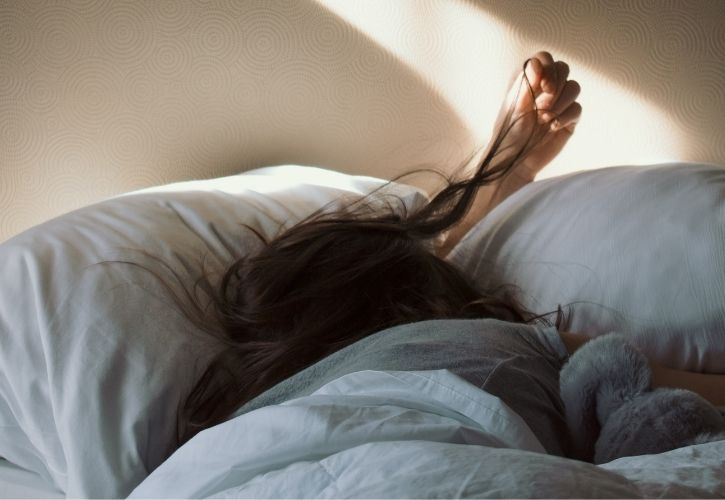Waking Up to the Role Of Sleep in ADHD
June 17, 2019 - neurocare group

Research shows the largest group of all age groups with ADHD have an evident sleep problem. Yet, often in Mental Health practice, sleep disorders with ADHD are perceived as a symptom of rather than having a causal effect. Accumulating research suggests that if we first help patients with their sleep, this can go a long way in overcoming symptoms of ADHD as well as helping indications of Depression or Anxiety.
Is ADHD just a sleep disorder?
Broadly speaking, ADHD is diagnosed when there is “a persistent pattern of inattention and/or hyperactivity-impulsivity that interferes with functioning or development”
What is interesting, however, is that negative ADHD-like symptoms are similar to those observed in people not diagnosed with ADHD but who have poor sleep routines or do not get enough sleep. People with jetlag or a week on night-shift will present with many symptoms familiar to the ADHD diagnosis: an inability to maintain focus and attention, impaired learning and/or behavioural difficulties, impulsivity and reactivity.
We know that children diagnosed with the label of ADHD are reported to have altered sleep structure, spending more time in stage 1 sleep and it is shown there is a lack of sleep spindles in this group. Studies also show more daytime sleepiness in children given the ADHD label.
In research, shortened sleep duration is found to be a direct cause of inattention, daytime sleepiness and oppositionality. Longer sleep duration is associated with better school performances and cognitive functioning whilst sleep restriction is associated with poorer academic performance.
Researchers have also demonstrated a correlation between the severity of a sleep problem and cognitive dysfunction. In a study in 2018 by McGowan and Coogan, they found that a “delayed sleep onset latency” (i.e. the time it takes to fall asleep) is associated with impulsive behaviour.
Disordered breathing in sleep, snoring (e.g., due to enlarged adenoids) and obstructive sleep apnoea (OSA) are associated with both inattention and hyperactivity with the same relationship also shown in a general population without ADHD.
We also notice the severity of sleep problems in children with ADHD, is a likely predictor they will not grow out of these symptoms into adolescence or adult.
For a deeper analysis into this accumulating evidence, I offered a literature review and positioning in a recent Journal of Neurotherapy publication.
Sleep and its Role in Mental Health
Sleep restriction is also linked to mood dysregulation, self-harm and impulsivity suggesting an important role of sleep interventions in the treatment and prevention of self-harm behaviours and mood disorders. Sleep Expert Matthew Walker suggests that the sleep restriction is associated with both hyperactivations of the dopaminergic striatum and hypo-activation of the prefrontal areas (resulting in emotional instability). This tells us sleep has a key role in the neurophysiological process which regulates mood and emotions.
At neurocare when doing QEEG measurements of people with Depression or ADHD, we often find “beta spindles” in daytime brain activity which indicate “sleepiness”.
Evidence-based and personalised Neurofeedback, a sustainable brain training technique, is a therapy option to help train sleep spindles in the brain. In scientific research, also reflected in the outcomes of our clinics, a full program of Neurofeedback therapy is proven effective in 78% of the ADHD population (see Arns et al. 2012).
Neurofeedback therapy is a brain training technique, completed in 30 – 40 sessions with sessions held at least twice per week. The neurocare Group only endorses Neurofeedback equipment and protocols which are backed by science and proven effective in the treatment of ADHD (in both children and adults).





